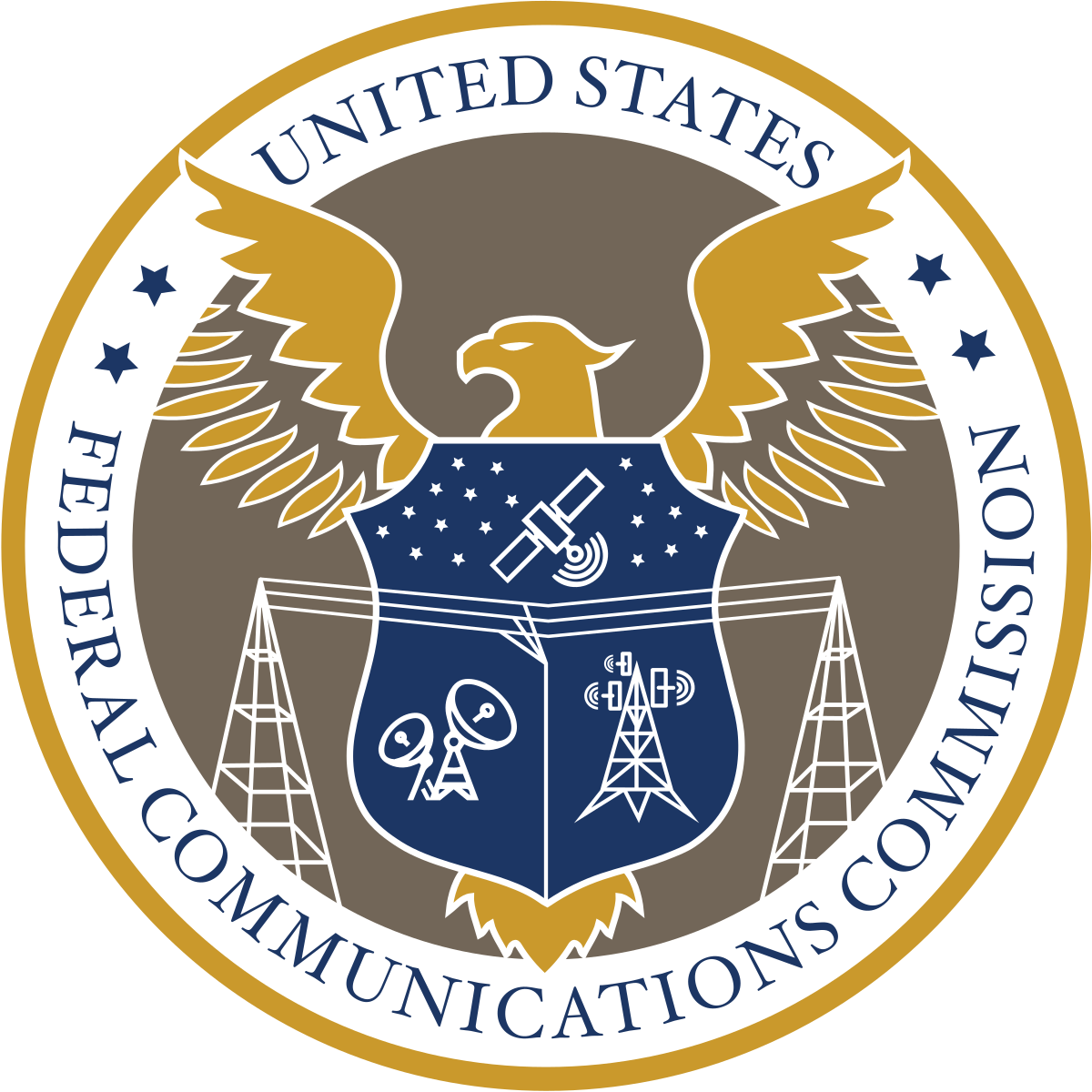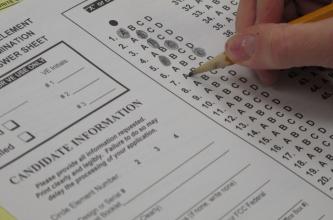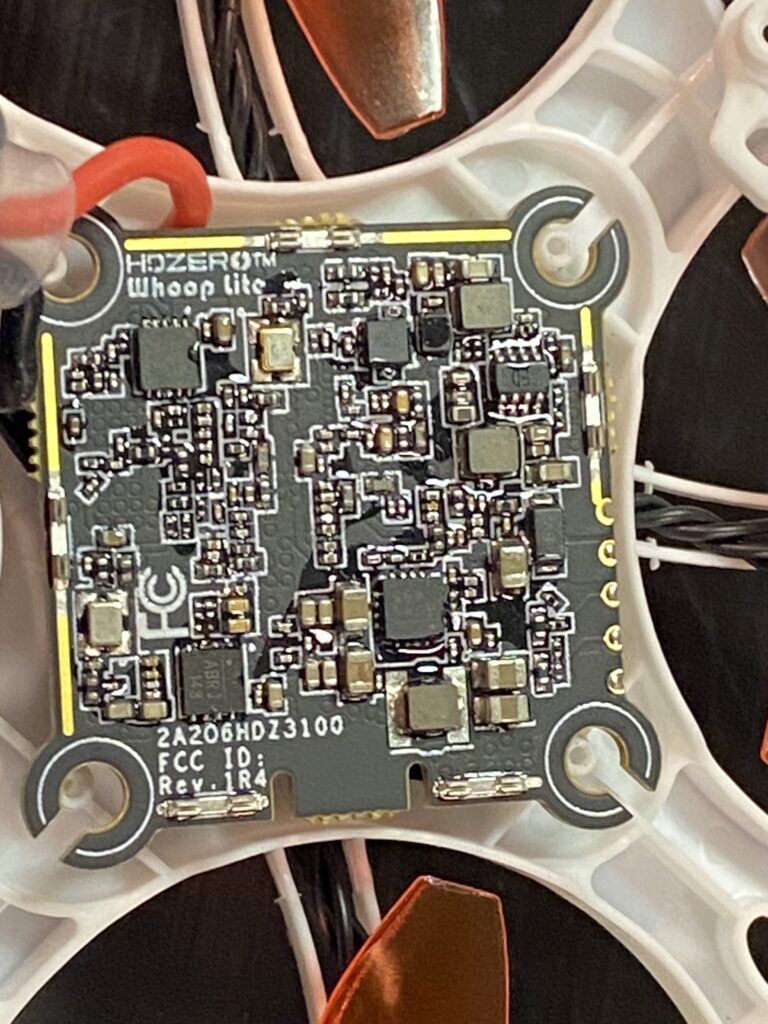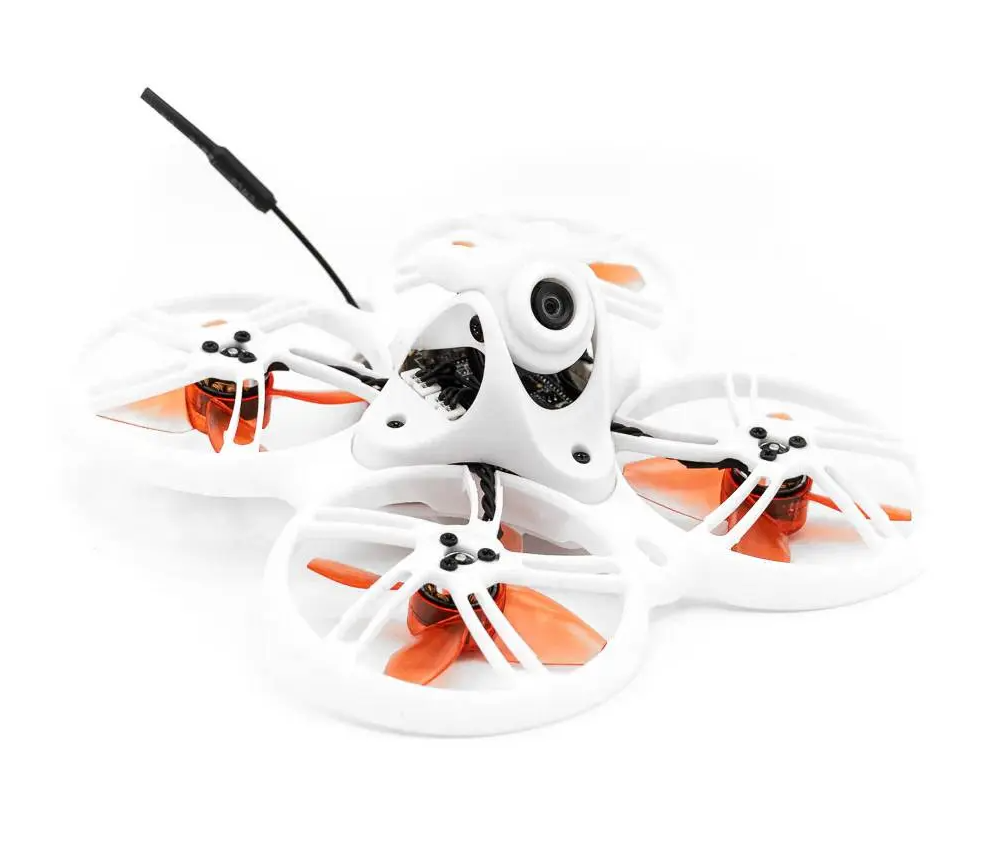
Compliance
Understanding FCC Part 15 Regulations for FPV Drones
February 12, 2024 — 5 minutes
For enthusiasts and professionals alike, the world of First Person View (FPV) drones offers an exhilarating experience, bridging the gap between high-flying adventures and cutting-edge technology. However, navigating the legal airspace of FPV drone operation involves more than understanding aerodynamics and mastering flight controls. A key aspect of responsible drone operation lies in compliance with the Federal Communications Commission (FCC) Part 15 regulations, which set the stage for using radio frequencies without interfering with other essential communications.
Why FCC Part 15 Matters for FPV Drones
At the heart of every FPV drone is a video transmitter (VTx), a critical component that sends live video from the drone’s camera back to the pilot’s goggles or screen. These transmitters operate on radio frequencies that fall under the purview of FCC Part 15 regulations. These rules are designed to prevent harmful interference with other devices that share the radio spectrum, from television broadcasts to emergency communications.
Most modern FPV video transmitters, including those manufactured by leading brands such as Beta FPV, ImmersionRC, and Orqa FPV, do not come with an FCC Part 15 certificate. This certification signifies compliance with the FCC’s regulations for unlicensed use of the radio spectrum. Without this certification, operating such equipment in the United States requires the operator to hold a Technician’s level amateur radio (ham) license.
The Challenge of Licensing for Young Pilots

Obtaining an amateur radio license involves passing an examination that tests knowledge on various topics, from radio law and operating practices to technical aspects of radio theory. While this process contributes to a well-informed and legally compliant community of radio enthusiasts, it can pose a significant challenge for young students and hobbyists new to the field. The technical nature of the examination and the breadth of knowledge required can be daunting, potentially limiting access to the world of FPV drone flying for those unable to navigate these hurdles.
DroneBlocks FPV Kit: A Solution Within Reach
Recognizing the complexity of these regulations and the barriers they present, DroneBlocks offers an FPV Kit that includes FCC Part 15 certified video transmitters. This kit opens the door to compliant FPV drone flying and alleviates the need for a ham license for operation, making it an ideal starting point for educators, students, and hobbyists eager to explore the skies without navigating the complexities of FCC regulations and licensing exams.
FCC Certification for DroneBlocks FPV Racing Kit Hardware
For educators, students, and enthusiasts keen on delving into the FPV drone racing world while adhering to regulatory requirements, the DroneBlocks FPV Racing Kit stands out for its educational value and compliance with FCC regulations. A highlight of this kit is the inclusion of Emax hardware, certified by the FCC, ensuring users can focus on the thrill of FPV racing without the legal complexities of uncertified equipment.
Hardware FCC Certification
The Emax components in the DroneBlocks FPV Racing Kit have undergone rigorous testing to meet FCC standards, affirming their compliance with Part 15 regulations. This certification is a testament to the Emax hardware’s quality and regulatory adherence, providing users peace of mind about the legality and safety of their FPV drone operations.

To facilitate transparency and provide easy access to regulatory information, we are pleased to share links to the FCC certification documentation for the Emax hardware included in our kit:
- FCC Documentation for Emax Hardware: View Certificate
Importance of FCC Certification
The FCC certification assures that the equipment complies with the technical standards to prevent harmful interference with other devices and services. By choosing hardware that meets these standards, DroneBlocks prioritizes the legal and safe operation of FPV drones and supports the broader goal of protecting the radio spectrum for all users.
FCC Compliance Enforcement
Ensuring compliance with Part 15 and other regulations falls to the FCC’s Spectrum Enforcement Division. This body is tasked with resolving potential violations related to spectrum use, ensuring public safety, overseeing communications equipment, and addressing technical issues. Its role underscores the importance of adhering to regulations designed to maintain the integrity and safety of the communications infrastructure we all rely on.

In recent years, the FCC has significantly ramped up its efforts to address complaints related to harmful interference caused by unlicensed Part 15 devices. Situations that involve the Amateur Radio Service often see a collaborative approach to resolution, involving the FCC, ARRL, the operator of the Part 15 device, and the Amateur Radio operator. It’s crucial for educators to understand that under FCC Part 15 regulations, it’s the manufacturers’ responsibility to ensure their unlicensed devices adhere to strict emissions requirements. Moreover, operators of these devices bear the onus of mitigating any harmful interference their use may cause to radio services.
This heightened scrutiny from the FCC underscores a stark warning for educators: using non-compliant FPV drones and related equipment could not only disrupt essential radio services but also place the responsibility squarely on the shoulders of the operator—in this case, potentially the school or educator themselves—to resolve such interference issues. The implications of using uncertified equipment extend beyond mere operational disruptions; they carry the risk of regulatory penalties and the burden of navigating complex resolution processes. For educators looking to incorporate drone technology into their curriculum, this serves as a critical reminder to select only FCC-certified devices, like those in the DroneBlocks FPV Racing Kit, to ensure a safe, legal, and interruption-free learning experience.
Empowering the Next Generation of Drone Enthusiasts
By including FCC-certified hardware in our FPV Racing Kit, DroneBlocks aims to lower the barriers to entry for young learners and enthusiasts entering the world of drone technology. We hope to inspire and empower more individuals to explore, learn, and innovate within the FPV drone racing arena by mitigating the need for additional licenses and navigating complex regulations.

Underpinning our commitment to not only comply with FCC regulations but to also impart a deep understanding of drone technology, multiple members of the DroneBlocks team hold FCC General-level amateur radio licenses. This achievement reflects our dedication to mastery in the field and underscores the importance we place on fostering a safe, informed, and responsible drone flying community. Through our example, we aim to inspire others to deepen their understanding of drone technology and radio communications, encouraging them to explore the exciting intersection of aviation, technology, and regulation.
Our commitment extends beyond providing compliant and educational drone kits; it encompasses fostering a community of informed, responsible, and innovative drone users. By embracing the complexities of FCC regulations and the technicalities of radio communication, we open up a world of possibilities for safe, enjoyable, and meaningful drone flying experiences. For further information on the FCC and its regulations or to explore obtaining an amateur radio license, please visit the FCC website or the American Radio Relay League (ARRL) website. These resources provide valuable insights into the world of radio communication, offering guidance and support for those looking to expand their knowledge and capabilities in drone operation and beyond.
Navigating Compliance
Understanding and complying with FCC regulations is crucial for those venturing into the world of FPV drones. While obtaining an amateur radio license offers a deeper dive into the world of radio communications and broadens the horizons for drone operation, the DroneBlocks FPV Kit provides a streamlined pathway to compliance and enjoyment of FPV flying. As the landscape of drone technology and regulations continues to evolve, staying informed and compliant remains a cornerstone of responsible and enjoyable drone piloting.
Shop More Products
From classroom-friendly kits to hands-on tools: Explore our hardware, packages, and accessories tailored for the educational journey.
